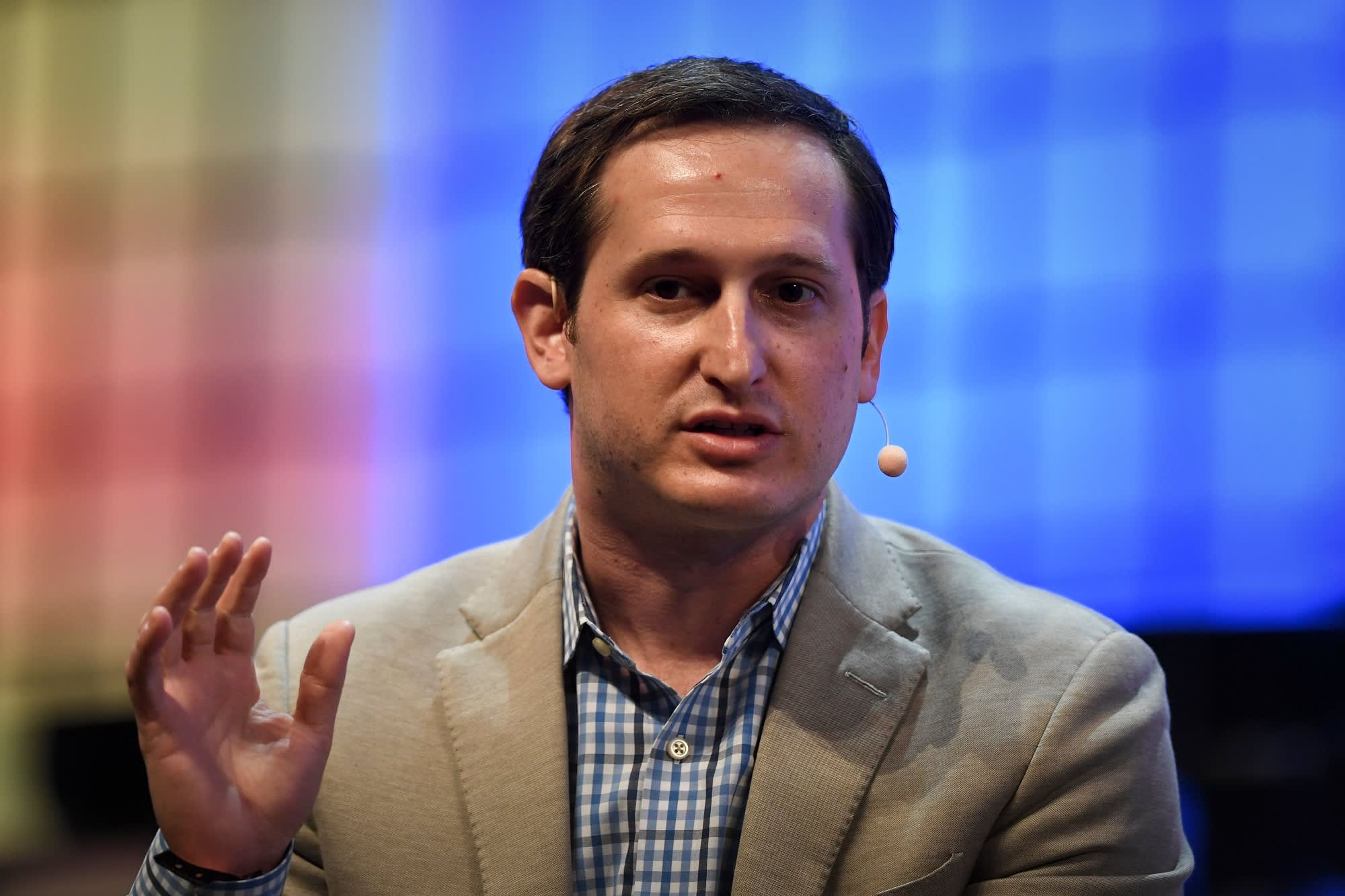Ontario’s Gambling Revolution: Breaking Free and Facing Challenges

The last few years have been seen as a breakthrough for the North American gambling industry. First, in 2018, the fall of the PASPA law in the Supreme Court opened the way for US states to regulate online sports betting. Less than four years later, one of the most promising markets in North America was launched, with the potential to challenge US state markets What is Ontario’s strength? What are the weaknesses of the market? Why is it so attractive to operators?
Ontario throws off legislative shackles
The Canadian Gaming Association (“CGA”) estimated that in 2020, Canada bet about $15 billion on sports betting. Only 3% of this amount, or about $500 million, was bet legally.
A 2015 Pew Research Center poll presented some interesting findings in the context of Canadians’ attitudes toward gambling. It turned out that more than half of them do not consider gambling to be morally questionable, and only for 23% of Canadians it is an unacceptable form of entertainment.
A study by the Pew Research Center found that only the French are more optimistic about gambling, as 56% of them do not consider gambling ethically questionable.
Canadians’ attitudes toward gambling may not come as too much of a surprise, as even the local government has taken a very liberal approach to the issue. While the United States declared a real war on betting in the last decade of the 20th century, in Canada, especially in the era of widespread Internet access, betting has become increasingly popular.
However, we are talking here about betting itself, not about the popularity or prosperity of the industry. Both, Canadian legislators, and law enforcement agencies, were acting rather slowly. The popularity of sports betting in Canada was increasing, but foreign operators benefited the most, as the market of this North American country was still unregulated to an appropriate degree.
Sports betting has been legal in Ontario and Canada for decades, but for most of that time it was only available in the form of parlay bets through provincial lotteries.
The Penal Code prohibited any Canadian company to accept bets on single events, but the ban did not, of course, apply to foreign operators. Players were therefore eager to use their services and could rather remain confident that they would not face any consequences.
The state was completely unable to take advantage of the quite positive attitude of Canadians toward gambling. Canadian residents were pushed into the arms of non-regulated foreign operators, with the country losing billions of dollars.
That changed when the Canadian Parliament passed Bill C-218, the Safe and Regulated Sports Betting Act on June 22, 2021, opening the door for provinces to regulate the area on their own and issue permits to offer bets, including bets on individual events.

Things have moved remarkably quickly, for as early as January 2022, Canada’s most populous province, Ontario, announced that a regulated market for legal sports betting would be launched on April 4, 2022.
The province has granted the Alcohol and Gaming Commission of Ontario (AGCO) the authority to operate and manage gambling, indicating that it should establish a dedicated subsidiary to manage the relations between private companies and the Canadian government. This is how iGaming Ontario (IGO) was created.
The potential that lies in Ontario was apparent to everyone for a long time. As soon as the market managed to throw off the legislative shackles, the largest sports betting operators began a race for market shares in a province with nearly 15 million people.
But the race was not quite fair. Several companies, including Bet365, 888, and Unibet, were in a privileged position, as they operated in a grey zone before the regulation of the market and offered their services to Canadians despite no licenses. Now, however, the legislative landscape has changed, and gambling giants have entered the market on the rules set by the provincial government.
DraftKings highlights weaknesses in Ontario market
April 4, 2022, was a day that the whole industry had been eagerly awaiting. AGCO’s subsequent licenses were reported overnight, and on the day of launch, almost all major operators appeared in the province, including PointsBet, theScore, Rivalry, Rush Street Interactive, Bet365, FanDuel, and 888.
A quick start and aggressive policy were supposed to provide the tycoons with a large share of the market. However, DraftKings CEO Jason Robins argued that this is not a recipe for success. He said: “Due to the presence of grey-market operators, many of which have been present in Ontario for several years, we do not believe that the timing of our launch will have any impact on the share we are able to achieve in that province.”
 DraftKings CEO – Jason Robins
DraftKings CEO – Jason Robins
It is hard not to admit that the CEO of DraftKings, who said about one of the problems that made the market in Ontario not as attractive as it might seem to many, was right. Many bookmakers, impatient with the slowness of the national legislature, acted illegally in the province and unfairly built their position. Companies that, by law, did not appear in Canada until the day the market launched, stood largely at a loss here.
Finally, DraftKings appeared in Ontario with a delay of more than a month toward the most important competition.
Jason Robins was quite aware of the great competitive advantage that previous presence in the minds of players gives to companies. Even before the fall of the PASPA and the legalization of sports betting in the United States, DraftKings operated as a fantasy game operator in the country.
Together with FanDuel they have built a solid foundation for entering the sports betting market in the U.S., which in the long run resulted in the absolute dominance of these operators in the markets there. It is also worth noting that before 2018 both companies were operating legally in the United States.
FanDuel and DraftKings competitors in the U.S. to this day are still intensely thinking about how to grab even a small part of that American pie for themselves. In some states, we are even talking about 50% market share in the case of FanDuel and residual shares of other operators. The threat of such a turn of events hovered over Ontario from day one of the market.
Troublesome bonuses and average income
The Ontario market launch was preceded by a number of Canadian experts who said the province would become one of the largest markets in North America in a very short time. More than a year has passed since the launch of legal betting in Ontario, so we can boldly compare these announcements with reality.
Between April 4, 2022, and March 4, 2023, a total of CAD35.6 billion ($26.5 billion) worth of bets were made on legitimate operators in Ontario. This brings CAD 1.4 billion ($1 billion) in revenues, but it should be noted that AGCO does not separate the revenues of online casinos from the revenues of online sports betting in this case.
Despite having a population of 15 million, which would make Ontario the fifth most populous US state, Ontario is currently unable to compete with markets such as Michigan (US$1.9 billion in revenue over the same period), New Jersey (US$2.3 billion in revenue), New York (US$1.3 billion in revenue), and Pennsylvania ($2 billion in revenue). It is worth noting that only New York can boast of a larger population than Ontario.
Ontario’s financial results are getting better quarter-to-quarter, but the market is growing slightly slower than expected at the beginning. The main reason for this seems to be mainly regulations that restrict the activities of Ontario’s operators. There is a big difference between Ontario and the US markets, for example, in terms of bonuses.
Operators functioning in Canada have strict regulations, which mainly concern the issue of granting bonuses and conducting marketing activities around them. It is enough to say that while in many US states bookmakers have been flooding their potential customers with generous bonuses they have reported on every possible channel, in Ontario, operators cannot encourage players to register by informing them about bonuses.
Companies can be held liable even if information about promotions is found on the websites of affiliate entities. DraftKings and BetMGM, among others, have already been punished for violating these rules.
So, if we talked earlier about not entirely fair competition in the market in Ontario, now we must admit that the symbolic competition between the Canadian province and the American states cannot be considered completely fair either.
Most of Ontario’s operators have their hands tied. Attracting new players without being able to openly talk about the benefits offered is a very difficult task. This means that operators’ revenues and the number of new players remain at a relatively average level.
Will Ontario challenge the US market?
As we tried to point out at the beginning of the text, the potential in Ontario is huge. After all, we are talking about a very densely populated province which, as the numbers clearly show, is in love with sports and betting.
For a very long time, millions of players have been pushed into the arms of illegal operators. When the legal situation has changed, the same illegal operators turned into legal ones and could benefit from the established position they had managed to develop in previous years.
The situation of entities, that were not present in the minds of millions of Canadians before the market launch in Ontario, is quite difficult. On April 4, 2022, most players already had their favourite bookmakers, which they could use in earlier years.
Acquiring new players is also very difficult because the regulations bind operators’ hands in the context of advertising their services and promotions. For the time being, this has been quite effective in impeding market growth.
Nonetheless, Ontario is achieving really decent financial results. However, comparing them with the results of the American states does not make much sense at the moment, because the competition here does not follow the same rules.
The very liberal approach of American legislatures to the marketing activities of bookmakers is certainly not the perfect solution, because we are talking here about two extremes. On the one hand, we have the American “Wild West” and on the other hand, we have legislative handcuffs. One way puts players at risk and in the long run can be detrimental to the image of sports betting. The second, however, seems to curb and moderate the enormous potential of the most populous Canadian province.